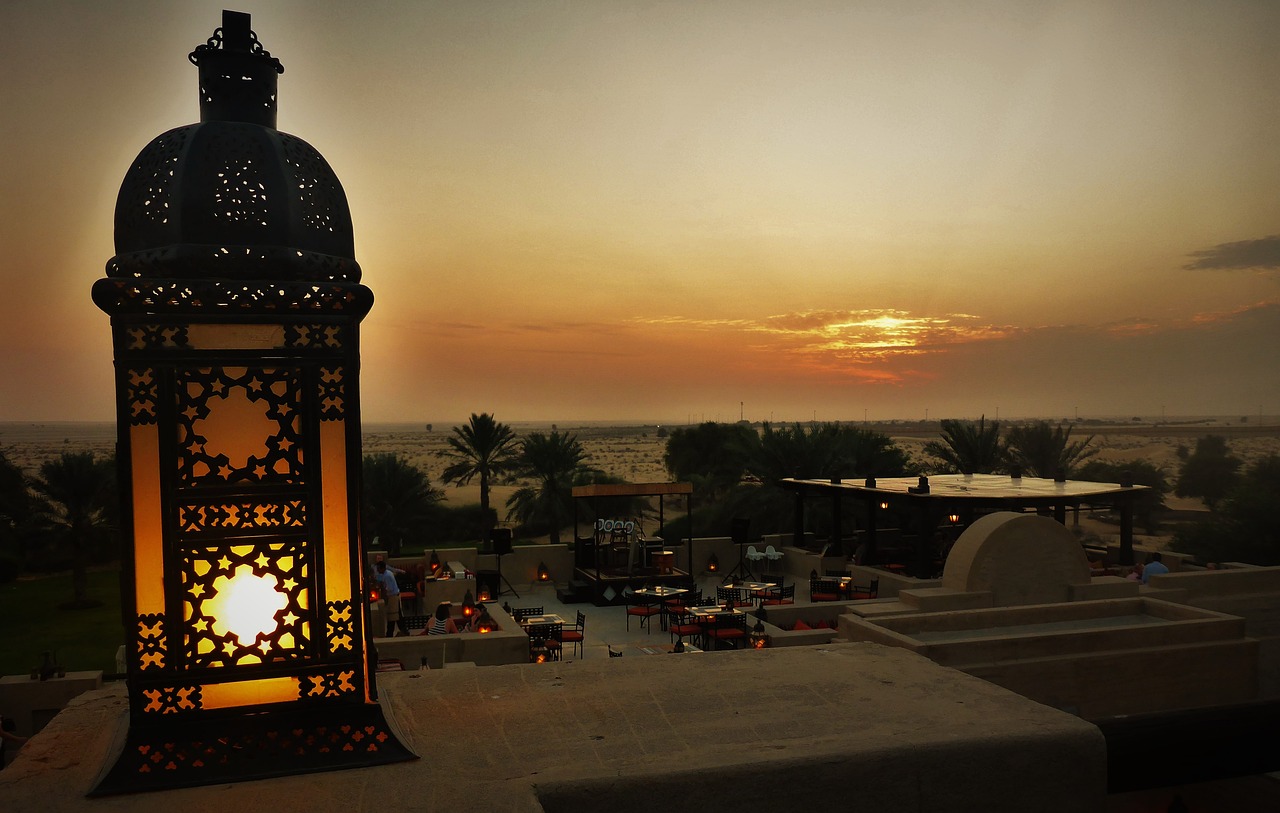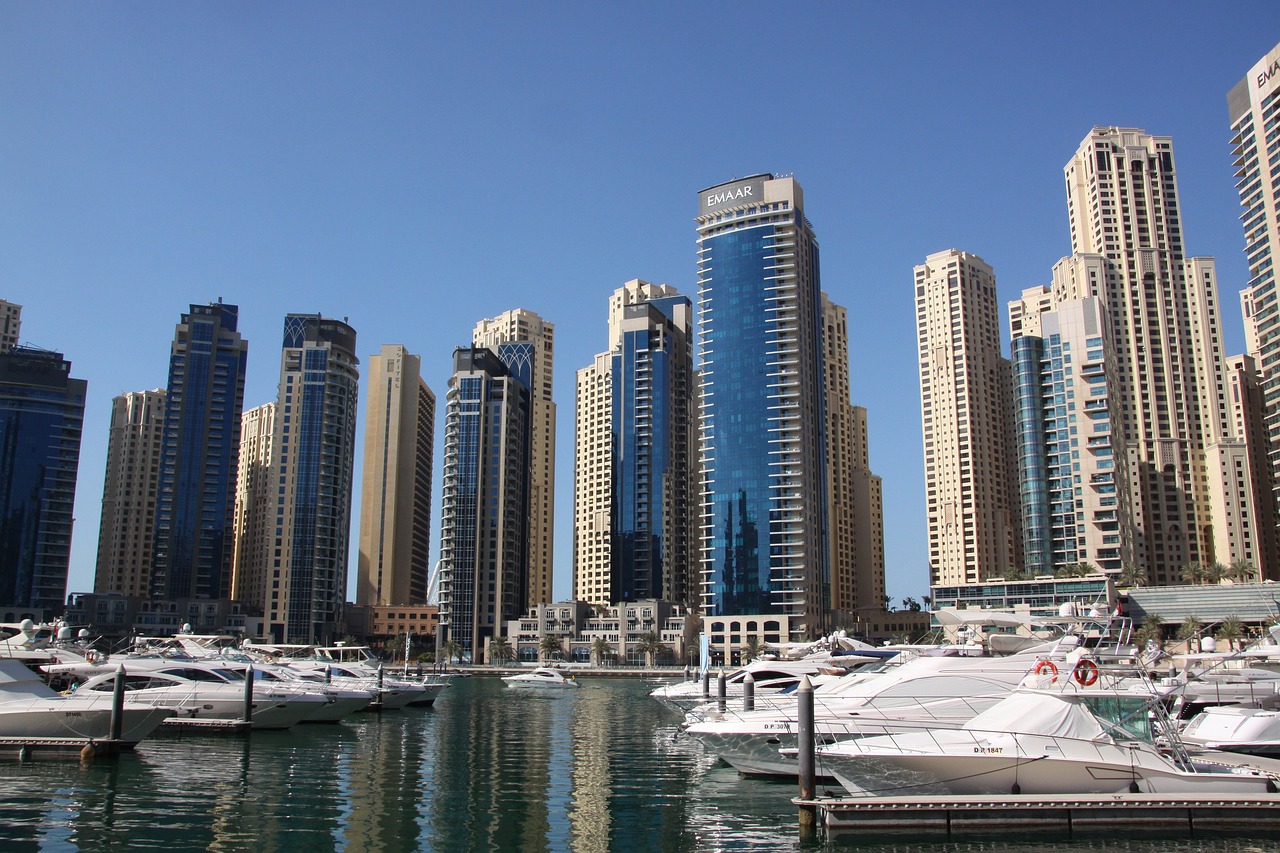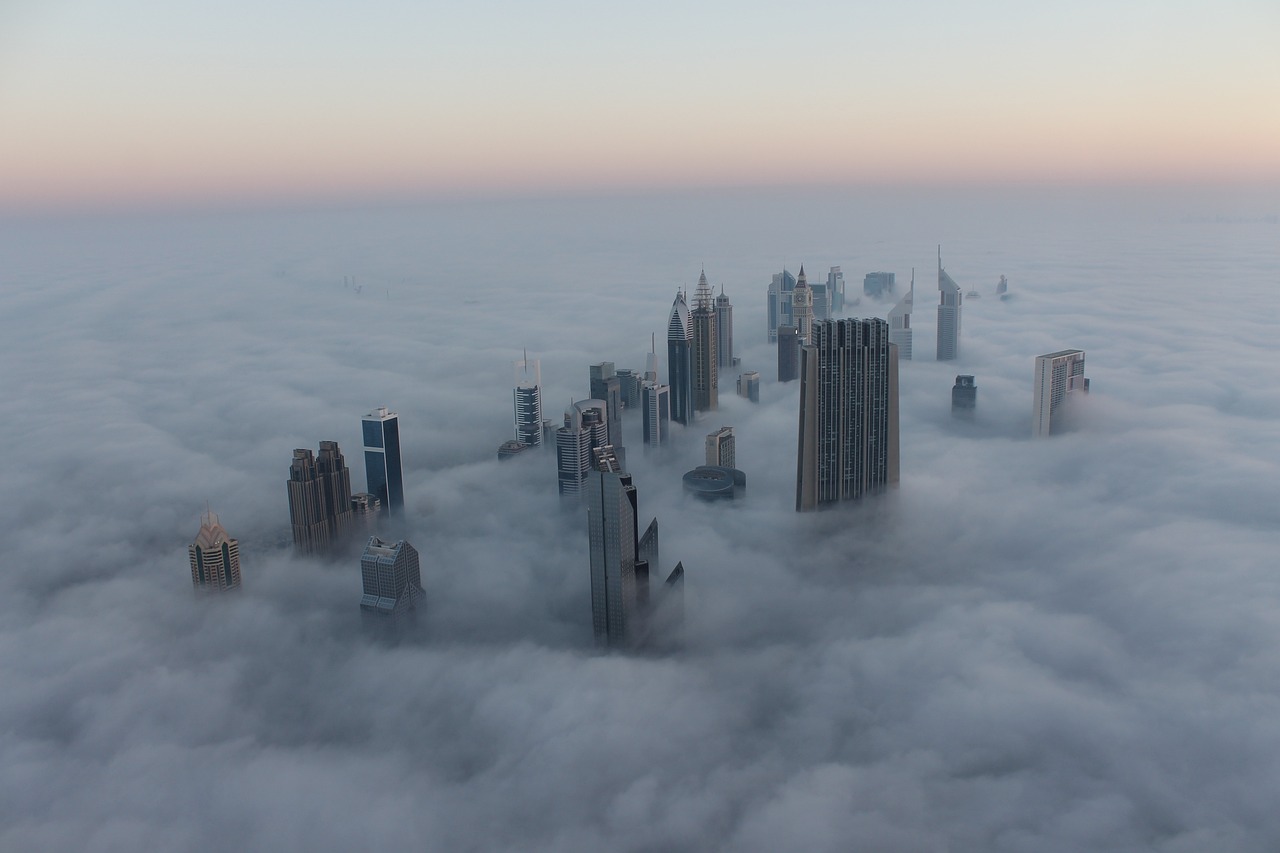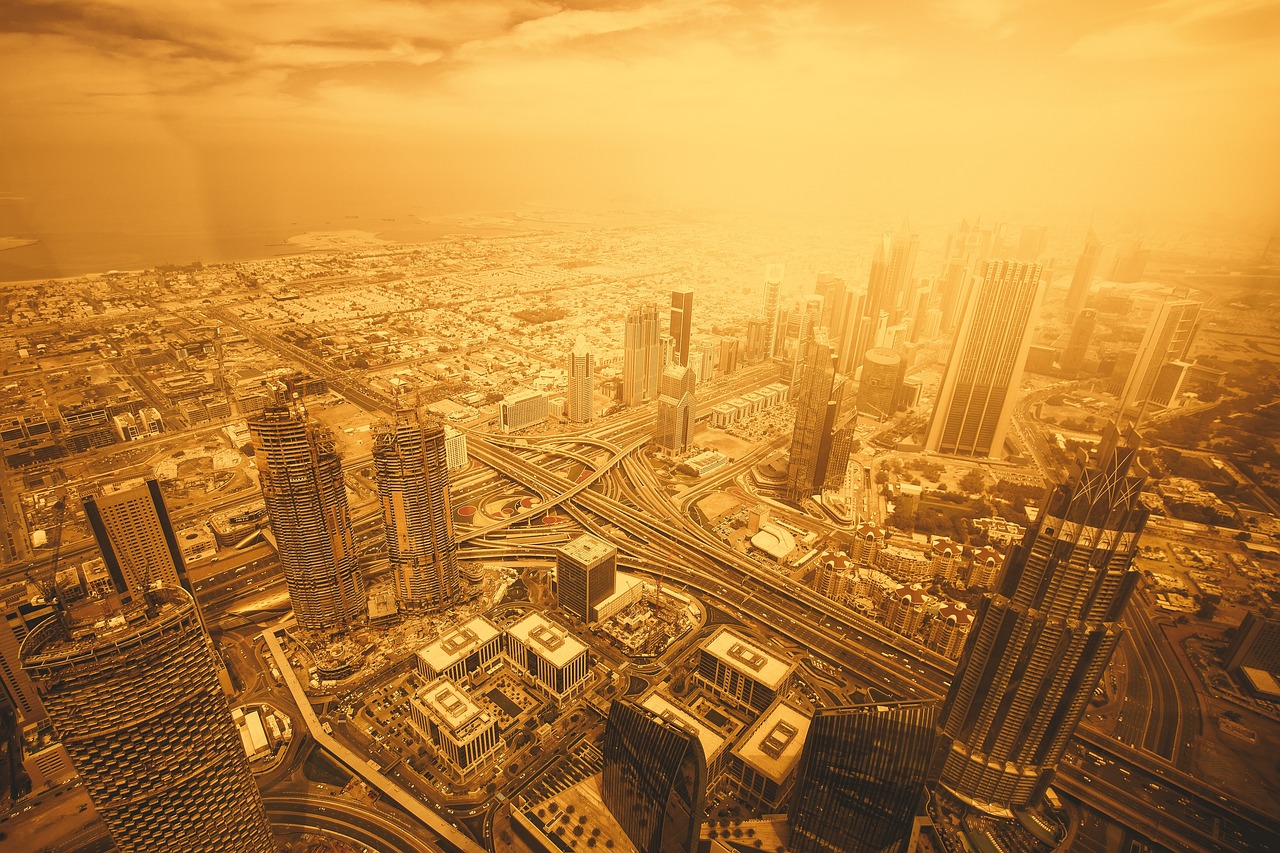Dubai Video
Cultural Sensitivities: Understanding Local Norms in Dubai
Dubai, the largest and most populous city in the United Arab Emirates (UAE), is a vibrant and cosmopolitan destination that attracts millions of visitors each year. While Dubai is known for its modern architecture, luxury shopping, and lively nightlife, it is essential for travelers to understand and respect the cultural sensitivities and local norms of the city. In this article, we will explore various aspects of Dubai’s cultural sensitivities to ensure a respectful and enjoyable visit.
Religion and Islam in Dubai
Dubai is an Islamic city, and Islam is the official religion of the UAE. Understanding and respecting Islamic practices and traditions is crucial when visiting Dubai. Here are some key points to keep in mind:
- Prayer Times: Muslims in Dubai adhere to the five daily prayers, which are announced by the call to prayer from mosques. It is essential to be aware of prayer times and avoid engaging in loud activities or disturbing worshippers during these times.
- Dress Code: Dress modestly when visiting public places, especially religious sites. Both men and women should avoid wearing revealing clothing, and women may consider covering their shoulders and knees.
- Ramadan: Ramadan is a holy month in Islam when Muslims fast from sunrise to sunset. Non-Muslims should be respectful and refrain from eating, drinking, or smoking in public during fasting hours.
Etiquette and Social Customs
Dubai has its own unique set of social customs and etiquette practices. Understanding and adhering to these practices will help visitors navigate the city with ease and respect. Here are some important points to remember:
- Greetings: When meeting someone, it is customary to greet them with a handshake. However, it is essential to be aware of cultural sensitivities, and some locals may prefer to greet with a slight nod or placing their right hand over their heart.
- Public Displays of Affection: Public displays of affection, such as kissing or hugging, are not commonly practiced in Dubai. It is advisable to show restraint and avoid such displays in public places.
- Respect for Elders: Emirati society places great importance on respecting elders. It is customary to offer your seat to an older person, and when interacting with older individuals, use respectful language and gestures.
Gender Roles and Interactions
Dubai follows traditional gender roles, and it is important to be mindful of these when interacting with locals. Here are some key points to consider:
- Modesty: Both men and women should dress modestly, with women particularly encouraged to cover their shoulders and knees.
- Physical Contact: Physical contact between unrelated men and women in public should be avoided. Handshakes are generally acceptable between people of the same gender.
- Women’s Rights: While Dubai offers a high level of freedom and opportunities for women, it is important to be aware of cultural sensitivities. Women should dress modestly and be mindful of their behavior in public.
Business Etiquette and Practices
Dubai is a global business hub, and understanding the local business etiquette and practices is crucial for success. Here are some important points to remember:
- Punctuality: Being punctual is highly valued in Dubai’s business culture. It is advisable to arrive on time for meetings and appointments.
- Greetings: When meeting business associates, a handshake is the most common form of greeting. It is also common to exchange business cards.
- Business Attire: Dubai’s business attire is generally formal, with men wearing suits and ties and women opting for modest and professional clothing.
Food and Dining Etiquette
Dubai offers a diverse culinary scene, influenced by various cultures and cuisines. When dining in Dubai, it is important to observe the following etiquette:
- Eating with the Right Hand: In traditional Emirati culture, it is customary to eat with the right hand. However, in modern settings, the use of cutlery is widely accepted.
- Alcohol Consumption: While Dubai allows the consumption of alcohol in licensed establishments, it is important to drink responsibly and avoid public intoxication.
- Sharing Food: Emirati culture values sharing food with others. It is common to order a variety of dishes and share them with the entire table.
Respecting Local Laws and Regulations
Dubai has strict laws and regulations that must be respected by both residents and visitors. Familiarize yourself with the following points to ensure a trouble-free stay:
- Public Behavior: Public displays of affection, offensive language, and disrespectful behavior are not tolerated in Dubai. It is important to maintain a respectful and considerate attitude at all times.
- Photography: Seek permission before taking photographs of individuals, especially locals. Avoid taking pictures of sensitive areas, such as government buildings or military installations.
- Drugs and Medications: Dubai has strict laws regarding drug possession and trafficking. Certain medications, including some over-the-counter drugs, may be considered illegal in the UAE. Check the regulations before traveling with any medications.
Dubai Image 1:

Local Customs and Traditions
Dubai has a rich cultural heritage, and experiencing local customs and traditions can enhance your visit. Here are some notable customs and traditions to explore:
- Camel Racing: Camel racing is a traditional sport in Dubai. Visitors can witness this unique event and learn about the importance of camels in Emirati culture.
- Traditional Dress: Emirati men often wear the traditional white robe called a kandura, while women wear the abaya, a loose-fitting black robe. Exploring local markets, such as the Dubai Spice Souk, allows you to appreciate traditional clothing.
- Henna Art: Henna art is a popular form of body decoration in Dubai. Visitors can try henna tattoos, which are temporary and often feature intricate designs.
Dubai Image 2:

Environmental Considerations
Dubai’s rapid development has led to a focus on sustainability and environmental conservation. Visitors should be mindful of the following environmental considerations:
- Water Conservation: Dubai is located in a desert region, and water scarcity is a significant concern. Visitors should be mindful of their water usage and avoid wastage.
- Protecting Marine Life: Dubai’s coastline is home to diverse marine life. When participating in water activities, such as snorkeling or diving, ensure you do not disturb or harm the marine ecosystem.
- Responsible Tourism: Choose tour operators and accommodations that follow sustainable practices and support local communities.
Exploring Dubai’s Cultural Attractions
Dubai offers a range of cultural attractions that provide insights into its history and heritage. Some must-visit cultural sites include:
- Dubai Museum: Located in the Al Fahidi Fort, the Dubai Museum showcases the city’s history and traditional way of life.
- Jumeirah Mosque: The Jumeirah Mosque is one of the few mosques in Dubai open to non-Muslim visitors. Guided tours offer a deeper understanding of Islamic culture and practices.
- Al Bastakiya: Explore the historic district of Al Bastakiya, known for its traditional wind towers and narrow alleyways. It is home to art galleries, cafes, and cultural exhibits.
Dubai Image 3:

Conclusion
Understanding and respecting the cultural sensitivities and local norms in Dubai is essential for a memorable and respectful visit. By familiarizing yourself with Islamic practices, social customs, and local laws, you can ensure a positive experience while exploring the city’s vibrant culture and heritage.
References
– Visit Dubai: www.visitdubai.com
– Dubai Tourism: www.dubaitourism.com
– UAE Embassy: www.uae-embassy.org
– Lonely Planet Dubai: www.lonelyplanet.com/dubai


